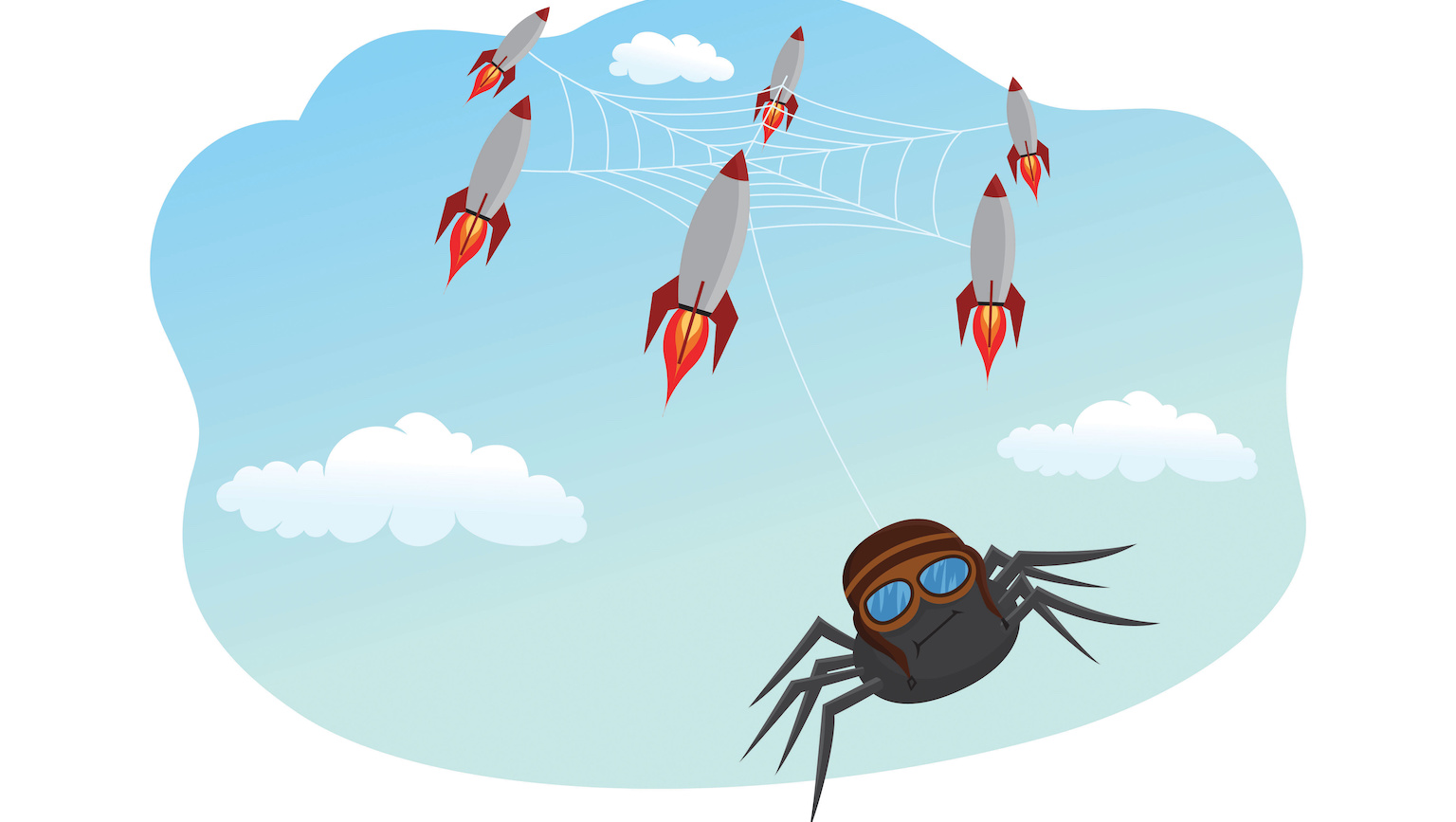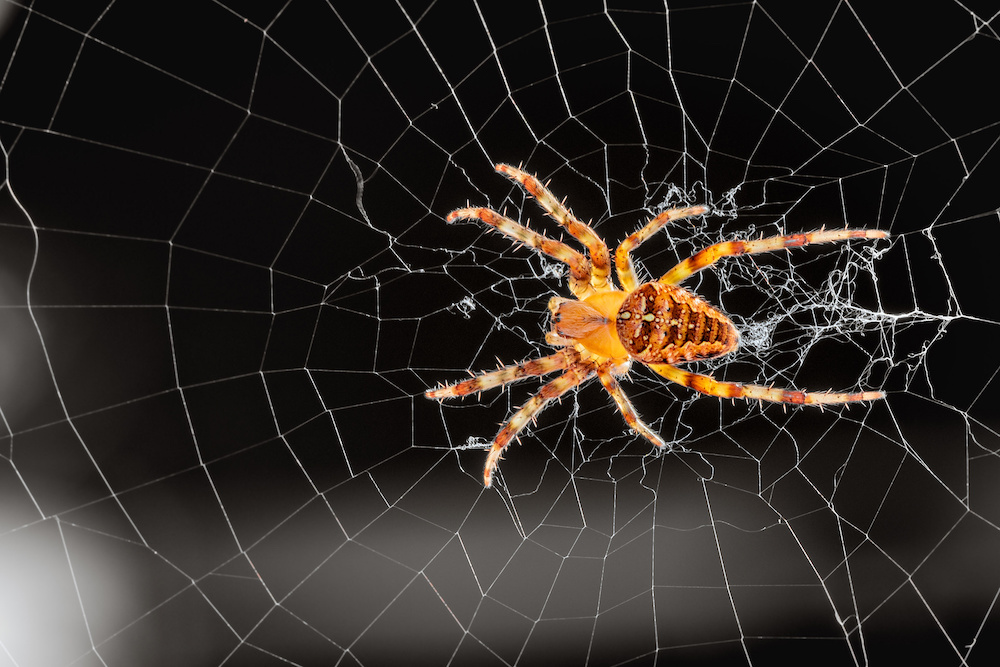Why black widows bite so many men in the “junk”

- Black widow spiders have dangerously powerful venom and a nasty reputation, but they rarely kill anyone.
- However, historical data suggests that some of the worst bites have occurred on men’s penises, owing to the fact that toilet bowls in outhouses are great locations to sling webs.
- Now that indoor plumbing is the norm and cleaner portable toilets have replaced unkempt outhouses, this painful scenario is far rarer.
Black widow spiders get a bad rap. Some of it is earned: Their venom is 15 times stronger than that of a rattlesnake. Some of it is due to appearance: Their shiny black exterior coupled with a distinct red hourglass present on the underside of the female spider’s abdomen screams “danger”! And some of it is just due to unfortunate happenstance — more on that in a moment.
Unfairly maligned
In actuality, black widows probably don’t deserve the terrifying reputation they’ve garnered in the U.S. Yes, they have powerful venom which attacks the nervous system and can cause incredible pain for hours or even days, but it rarely kills. Not only is there no record of anyone dying from a black widow bite dating back to 1983, the vast majority of bites don’t even require medical attention.
Moreover, black widows aren’t especially aggressive, lashing out only when threatened or if their web is disturbed by an invader.
“In fact, the black widow is usually a pretty shy spider,” reporter Lilly Sullivan said on a recent episode of This American Life. “Scientists have even done tests where they poke and prod her, trying to elicit a bite. And she turns to other defenses first, tries to run away, curls up into a little ball no bigger than a quarter. Sometimes she throws silk at the danger to try to escape. The bite is her last resort.”
So how is it that black widows have developed their terrifying reputation? It may mostly be due to happenstance, particularly in regard to who they’ve historically bitten, and where.
Black widows live up to their name
In keeping with their name, black widows mostly bite men — not because they bear any innate resentment toward them, but because men have historically been the ones to accidentally disturb their lairs. Black widows typically sling their webs in dark places: basements, woodpiles, garages, underneath decks, outhouses — areas men historically visit much more than women, as they tend to perform more outdoorsy, physically demanding work.
Outhouses likely presented the most peril. As science reporter and former park ranger Kelsey Padgett narrated on This American Life:
“Black widow spiders… enjoy dark, low to the ground sort of places. They especially love to make their cobwebs between two objects. And so because bugs like stinky places — imagine flies, there’s flies in outhouses — that it makes a great food supply, right? And to get to the stinky stuff, you got to go through the bowl. So putting your web there is excellent.
“So imagine this. It’s the 1950s. You’re a dude. You need to go number two. You make your way out to the outhouse. You sit down, and your junk hangles there. And as it does, it hits the cobweb. And the usually non-aggressive black widow instinctually runs over and bites down on the new creature that has landed on its web.”
Statistics from decades ago support this cringe-inducing narrative. As Padgett discovered in her literature research, the majority of serious bites were on penises.
Now that indoor plumbing is the norm and cleaner portable toilets have replaced unkempt outhouses, this painful scenario is far rarer. But its specter still lends credence to common wisdom: Never go number two in an outdoor toilet unless absolutely necessary.





